
View our current offers

Yes, you can increase your resistance in several ways. In this article we give you useful advice and practical tips to increase and strengthen your resistance, so that your body is better able to fight and prevent diseases in a natural way. The immune system is the body's natural defense mechanism against disease-causing microorganisms, but sometimes it can fail and a germ gets in, making you sick. Fortunately, it is possible to intervene and you can increase your resistance, for example by improving your diet and taking certain vitamins or supplements that can strengthen your immune system. In addition, changes in your lifestyle, such as regular exercise and reducing stress, can also help to increase your resistance. In this article you will find answers to increase your resistance.
It is very important to be aware of the fact that a healthy lifestyle is the first and most fundamental step you can take to strengthen your immune system and protect your body against diseases or illness. helps prevent the onset of colds. After all, when you make healthy choices in your daily life, you improve and strengthen your body's ability to fight disease. Following general guidelines for good health is therefore essential if you want to maintain or strengthen your resistance in a natural way.
By implementing these healthy habits, you can naturally increase your resistance and better protect your body against pathogens.
Research has shown that nutrition plays an important role in maintaining and improving resistance in the elderly. One form of malnutrition that is unfortunately common, even in affluent countries, is micronutrient malnutrition. This form of malnutrition occurs when someone does not get enough essential vitamins and minerals through the diet. This can occur in the elderly because they tend to eat less and often have less variation in their diet. It is therefore important that the elderly are aware of the importance of a balanced diet that contains sufficient micronutrients to maintain their resistance and promote their overall health.

As we age, our resistance to disease decreases and this can lead to an increase in infections and an increased risk of cancer. This is especially a problem in developed countries where life expectancy is increasing. Although some elderly people age healthily, many studies show that older people are more likely to contract infectious diseases and also more likely to die from them than younger people.
Respiratory infections, such as the flu, COVID-19 and pneumonia, are leading causes of death among people over 65 worldwide. This is because the elderly have a reduced resistance and are therefore more vulnerable to infections. Scientists have discovered that the number of T cells in the body decreases with age. This may be because the thymus, an organ that produces T cells to fight infection, shrinks with age. This can lead to a reduced response to infections.
There are also scientists who wonder whether the bone marrow becomes less efficient at producing the stem cells that form the basis of the cells of the immune system as people age. This can lead to a reduction in the number of white blood cells and thus a reduced defense against infections. For these reasons, it is therefore important that the elderly take extra precautions to maintain their resistance.
It is a known fact that regular exercise is an essential pillar of a healthy lifestyle. It offers a wide range of benefits, such as improving cardiovascular health, lowering blood pressure, helping to control body weight and protecting against a variety of diseases. But what many people wonder is whether exercise can also help to strengthen the resistance and keep it healthy.
When you exercise, the number of immune cells in your body can increase. This depends on how heavy and how long you train and can increase the number of immune cells by as much as 50% to 400%. Most of these extra cells are neutrophils and macrophages. Unfortunately, these extra immune cells disappear from your body within three hours after exercise. To make your immune system stronger in the long term and protect against diseases, it is important to to continue exercising regularly at a moderate level. This makes your immune system better able to fight pathogens and reduces the risk of infections.
This means that exercise can not only contribute to general good health, but can also help build and strengthen a healthy immune system. Regular exercise is only one of many factors that influence overall health and immunity, but it can certainly be a useful and effective way to strengthen and keep your immune system healthy.
Neutrophils and macrophages are both types of immune cells involved in the body's defense against pathogens. Neutrophils are white blood cells that play an important role in fighting bacterial infections. They can quickly move to places where bacteria reside and can kill these bacteria by eating and destroying them.
Macrophages are another type of white blood cell that also play an important role in defending against infection and disease. They are involved in detecting, eating and destroying pathogens and foreign substances in the body. In addition, they can also clean up damaged cells and contribute to the healing process. Macrophages also play a role in activating and regulating other immune cells in the body.

Significant health benefits can be achieved with many types of aerobic activity (e.g., walking, jogging, cycling, swimming, or dancing). Research shows that you can increase your resistance with 20 to 40 minutes of moderate-intensity exercise per day. Below are several ways to control intensity during aerobic exercise to help you reach your exercise goals.
Take the “talk test”
The “talk test” is a simple way to measure the relative intensity of exercise. You can talk, but not sing, while doing a moderate-intensity activity. At high intensity, you can't say more than a few words without pausing to breathe.
Yes, excessive exercise can weaken the immune system and thus lower resistance. This mainly happens when someone trains too much and too intensely without taking enough rest and recovery time between workouts. If the body doesn't have enough time to recover, it can lead to excessive production of the stress hormone cortisol, which can weaken the immune system and increase the risk of disease. Also, intensive exercise can temporarily reduce the number of immune cells, which can cause an increased risk of infections. It is therefore important to exercise regularly, but also to take enough rest and recovery time between workouts and listen to the body to avoid overtraining.
The immune system is our natural defense mechanism against pathogens such as viruses, bacteria and fungi. It consists of different types of cells, molecules and tissues that work together to protect us from infection.
Modern medicine has become aware of the close relationship between mind and body and the possible weakening of your immune system. A wide variety of ailments, including stomach problems, cancer, hives and heart disease, have been linked to the effects of stress.
When you are under stress, the stress hormone cortisol is secreted. It reduces the fighting power of your immune system as it decreases the production of lymphocytes in your body. As a result, your resistance weakens.
Increasing your resistance is the key to this longevity! If you want personal advice to increase your resistance, please contact us via the blue contact button on the right.
Share with
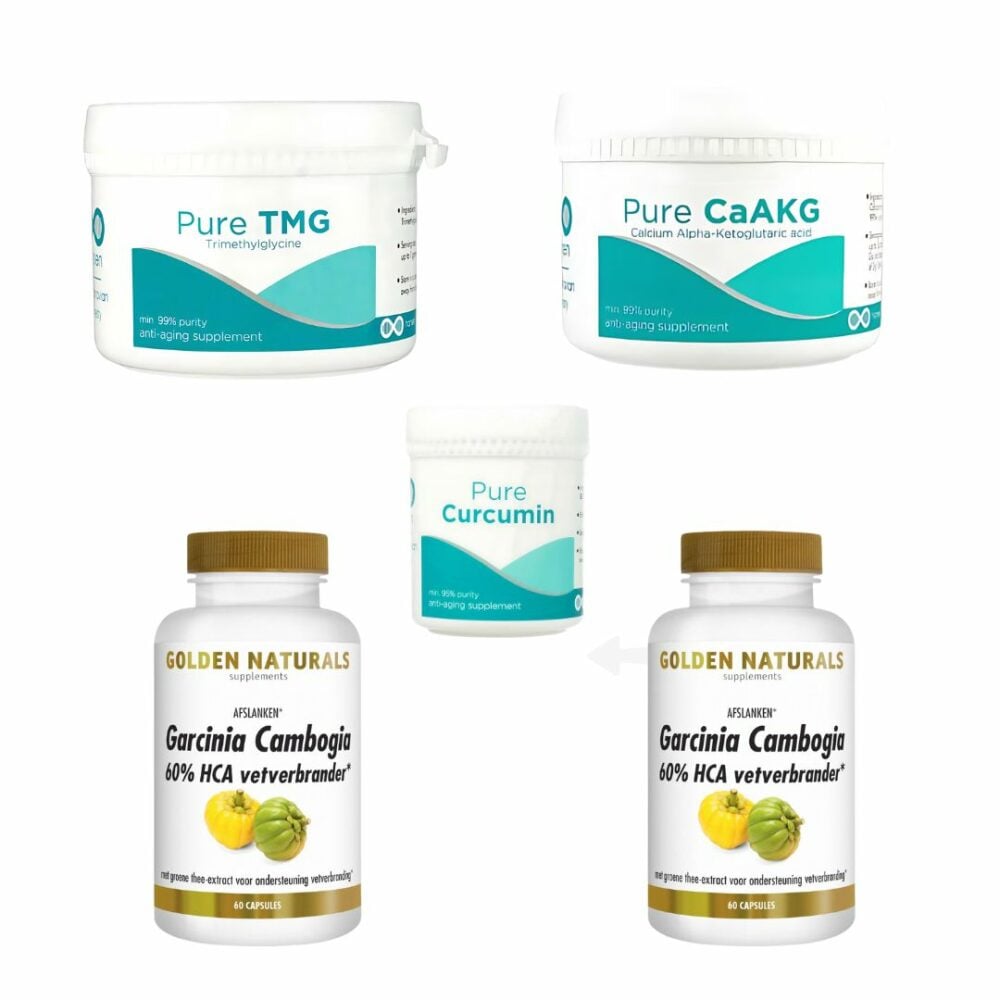
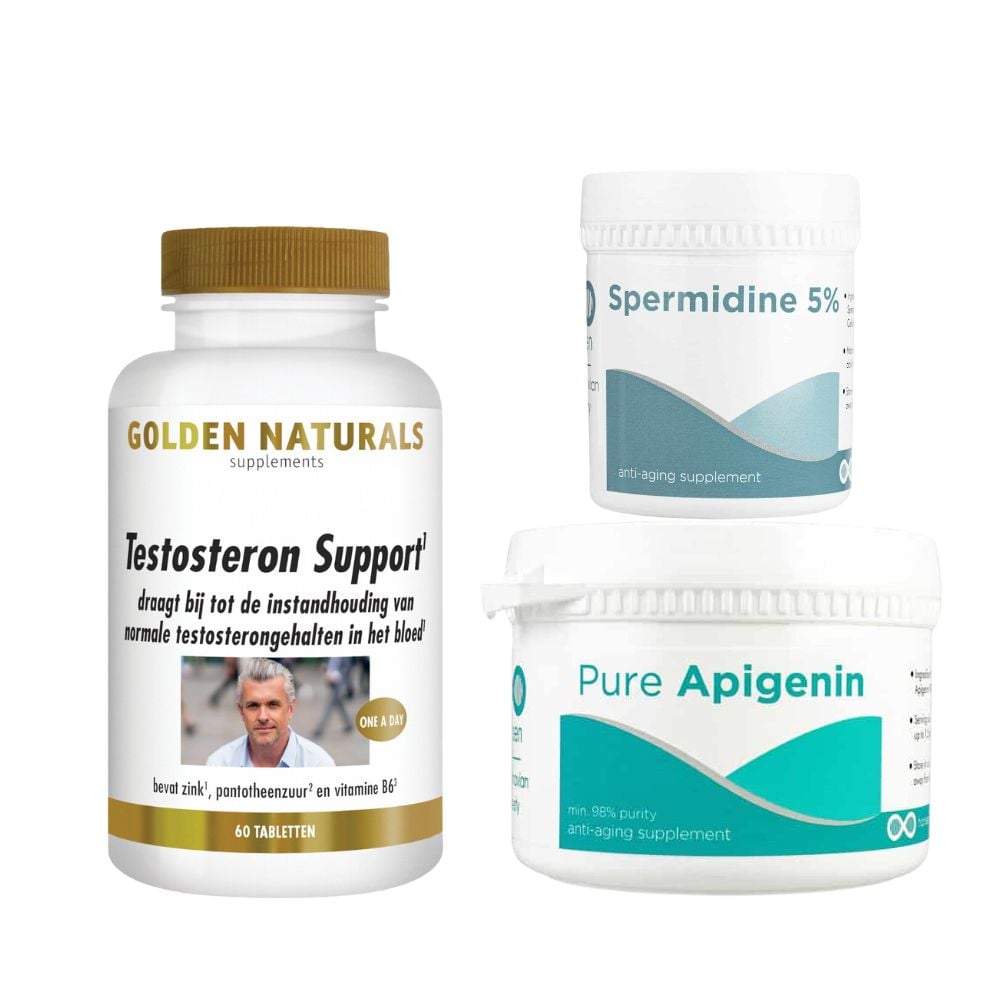
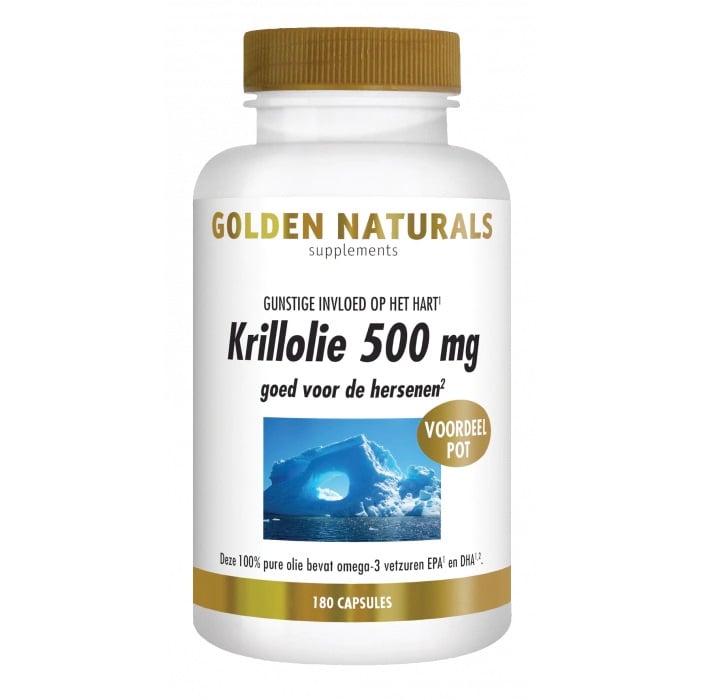
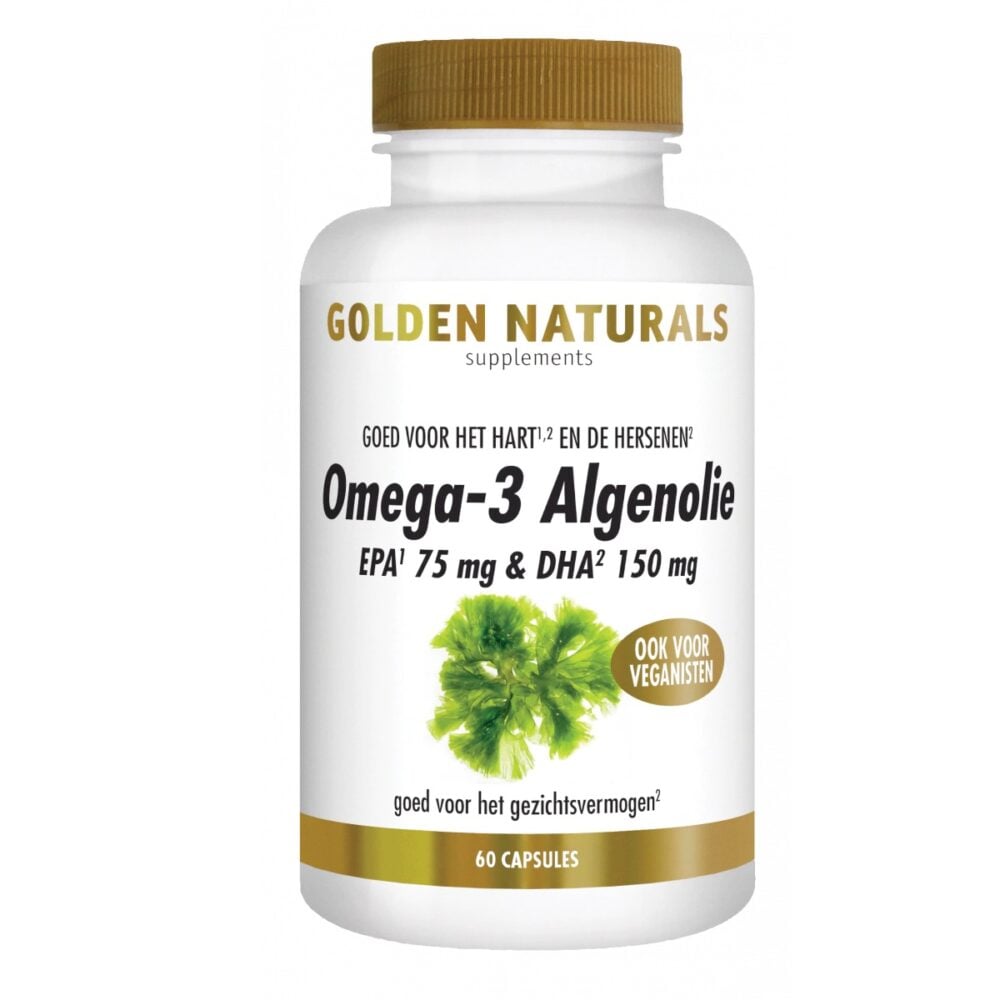
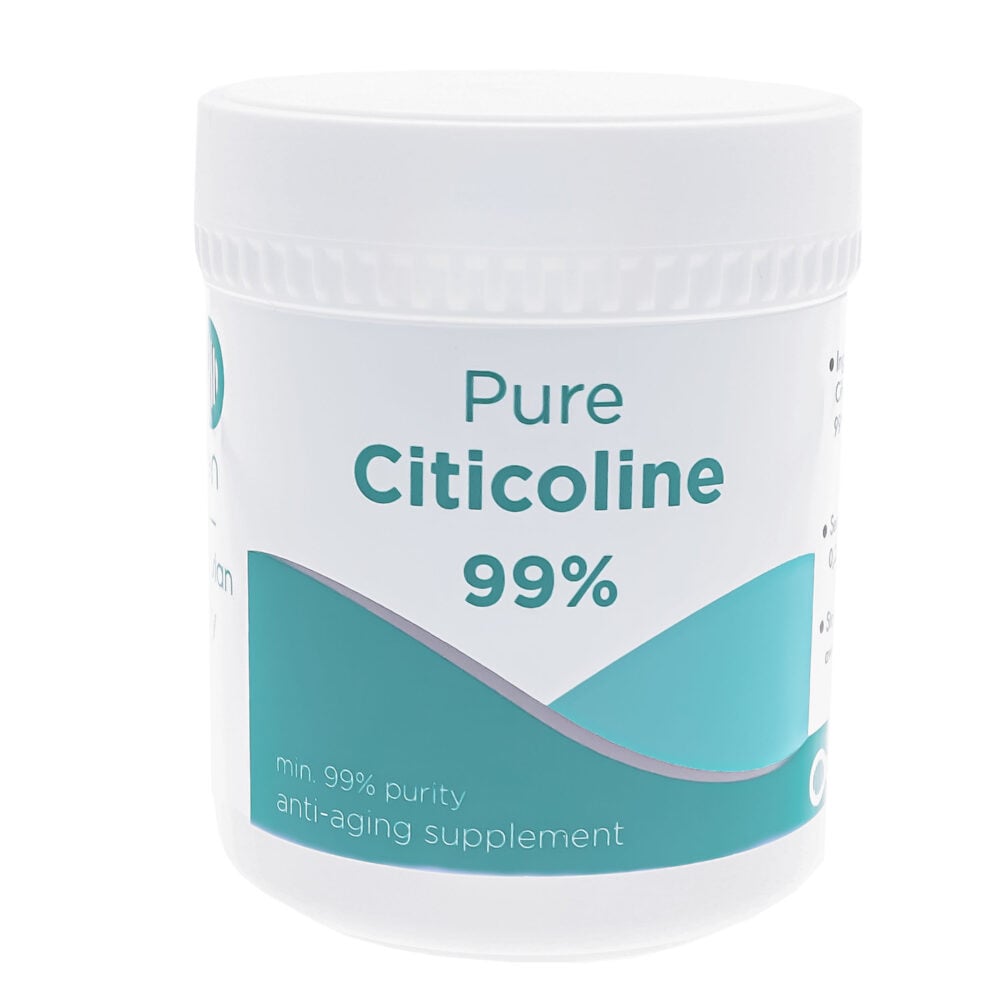
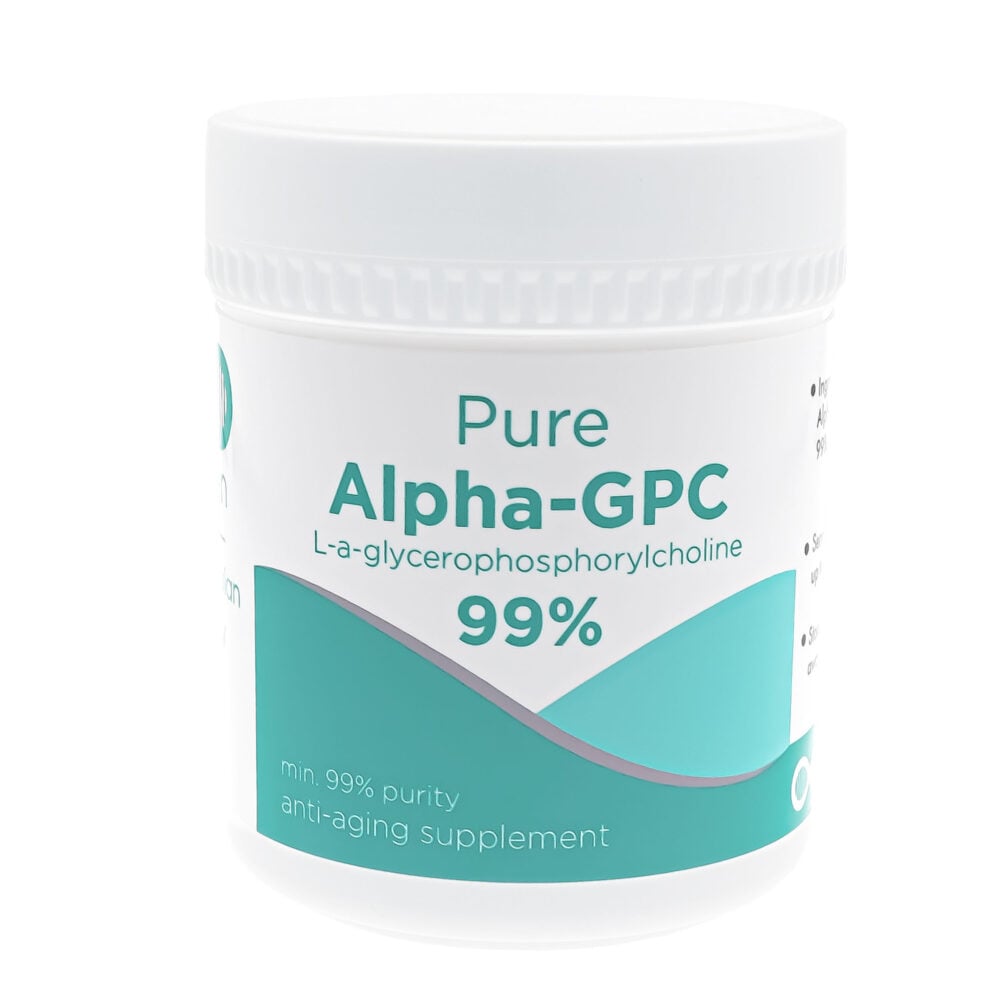
order safely
5% discount on your 1st order